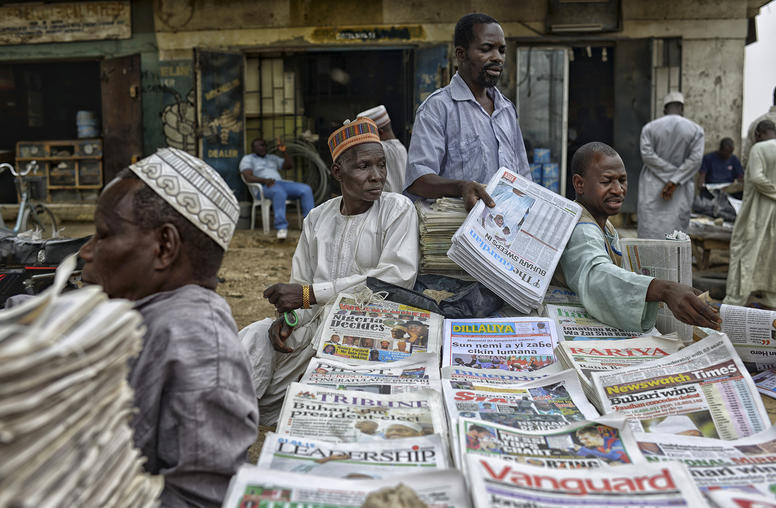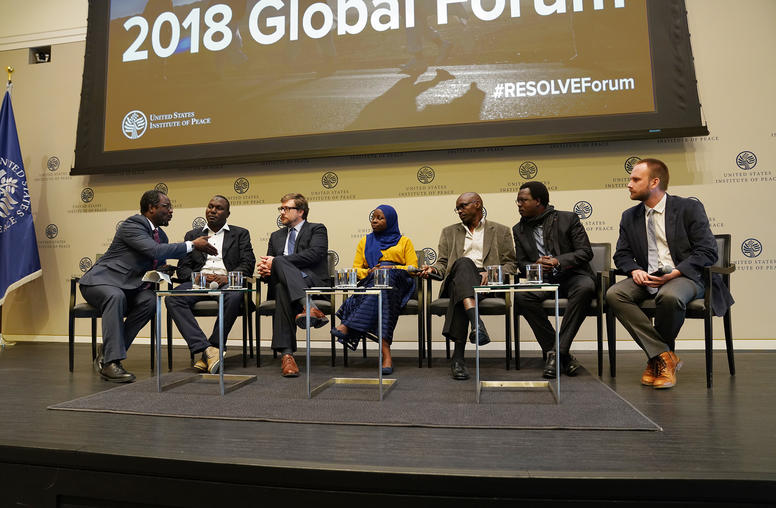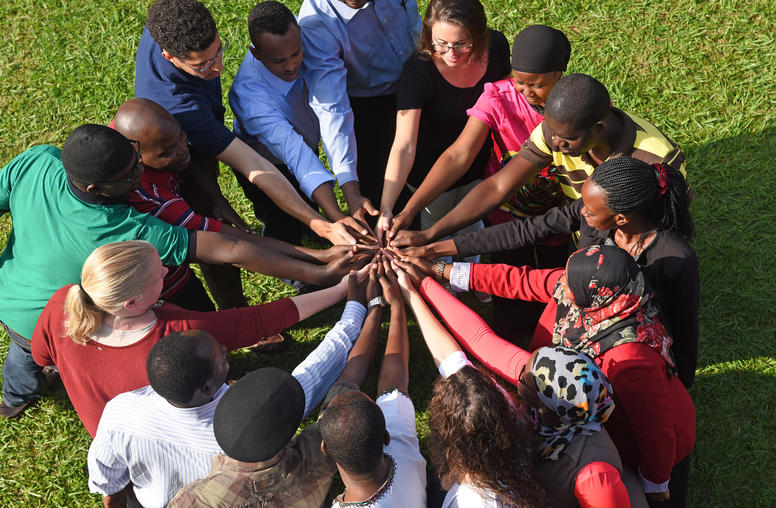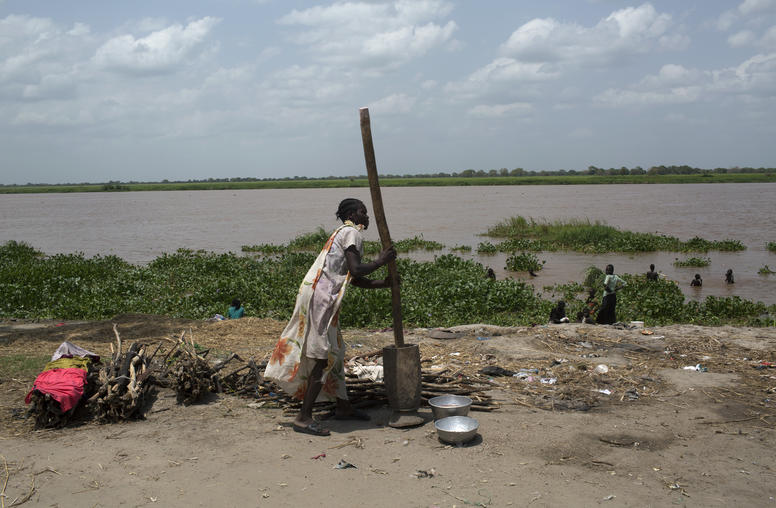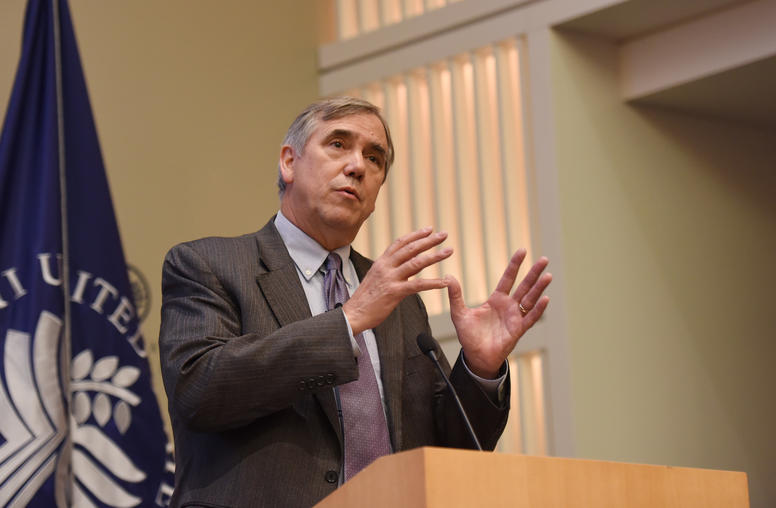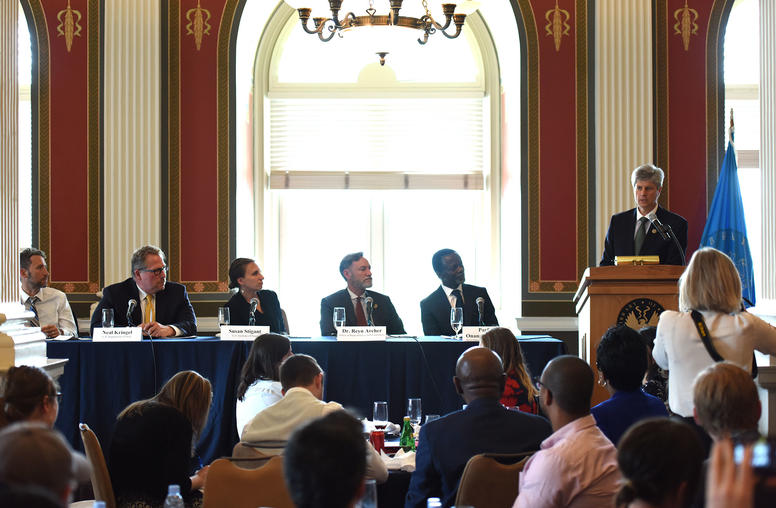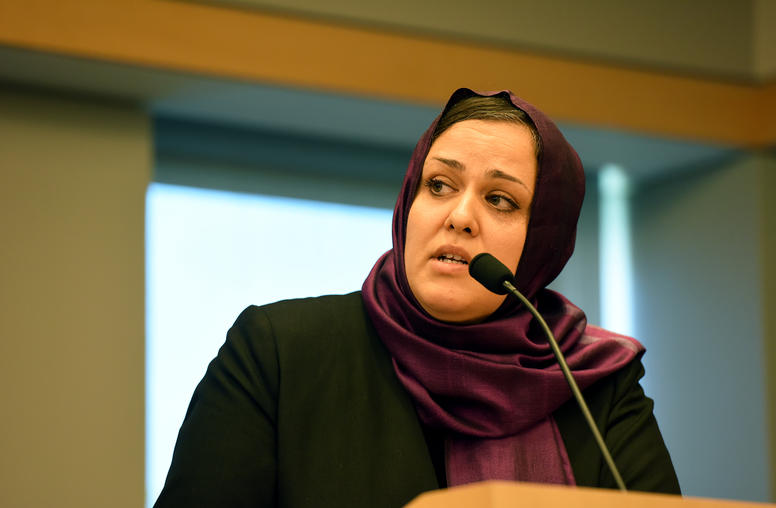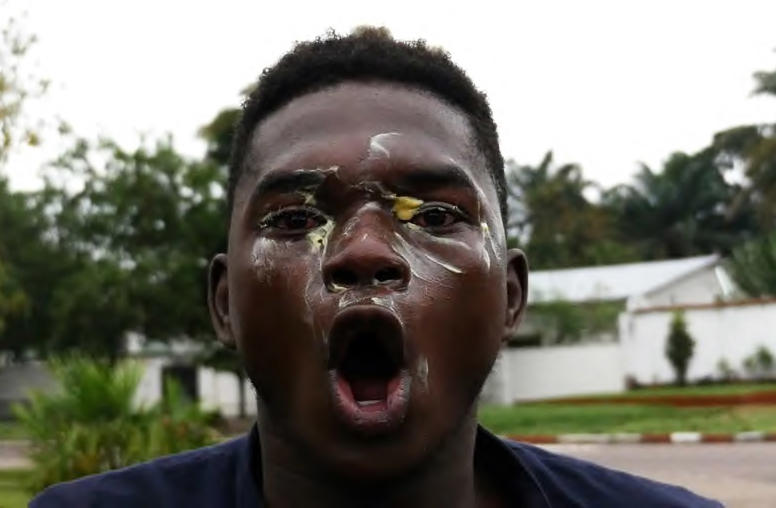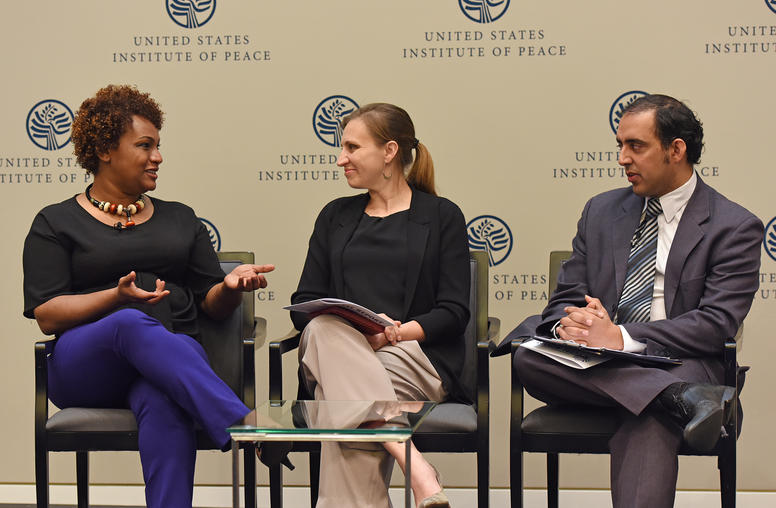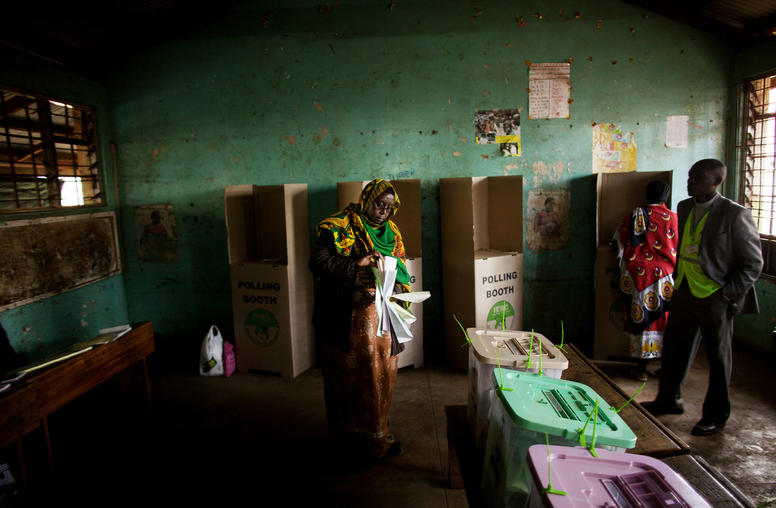
What Really Works to Prevent Election Violence?
One in five elections worldwide is marred by violence—from burned ballot boxes to violent suppression of peaceful rallies, to assassinations of candidates. A USIP study of programs to prevent violence suggests focusing on improving the administration and policing of elections. The study, of elections in Kenya and Liberia, found no evidence that programs of voter consultation or peace messaging were effective there.
